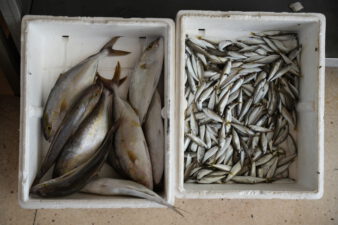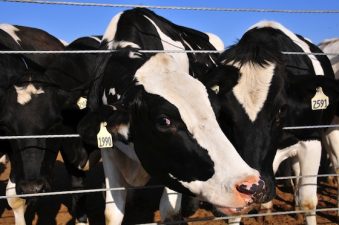 Lebanon and Pakistan have each announced new biogas projects, tapping into a sustainable energy source that, unlike other renewable energy streams, solves two municipal problems – energy creation and waste processing.
Lebanon and Pakistan have each announced new biogas projects, tapping into a sustainable energy source that, unlike other renewable energy streams, solves two municipal problems – energy creation and waste processing.
Biogas, primarily a mixture of carbon dioxide, methane, and hydrogen, is produced by decomposing organic matter. Add oxygen and create a high-efficiency fuel for heating or to convert into electricity. The compressible gas can also be used to power motor vehicles.
General Electric (GE) just announced sale of its Jenbacher J312 engine to a landfill gas-to-energy project operated by Averda International in Naameh, Lebanon, near Beirut. The pilot scale project will generate approximately 637 kW of power and can be expanded to take full advantage of this landfill, the largest controlled dumpsite in Lebanon. The project will become operational by year end.
“The potential benefit of the Naameh project is that it could encourage other landfill sites to use the gas (that is currently being flared) for conversion to electricity. The contribution of the project to the environment and the energy sector makes it a great value to the community,” said Nabil Habayeb, GE president and CEO for the Middle East, North Africa and Turkey (MENAT) region.
Pakistan’s project establishes an anaerobic digestion facility in Landhi Cattle Colony region that will convert a daily stream of 4,200 tons of animal waste and 700 tons of food waste into biogas which can generate up to 30 MW of power. The project will be delivered in two phases, each providing 15 MW of capacity.
Karachi Electric Supply Company, one of the project developers, said in a press release that this is the first time that renewable energy will be utilized on a commercial scale in Pakistan.
“This project is a prime example of how innovation can be used to tackle some of Pakistan’s most pressing development issues,” Mouayed Makhlouf, International Finance Corporations (IFC) Director for the Middle East and North Africa told Biomass Magazine. In addition to providing seed capital, IFC is advising the company on plant development.
Solar springs to mind as the optimal energy producer in the sunny, arid Middle East. There is tremendous untapped potential for generating biogas by exploiting waste generated by industry and agriculture, municipal solid wastes, and sewage.
Municipal solid waste is an optimal feedstock for anaerobic digestion because on average, over 50% of Middle Eastern municipal waste consists of biodegradable, organic material. Anaerobic digestion of organic waste is an environmentally positive method of recycling biodegradable materials while producing economical energy as a byproduct.
Diverting waste from traditional dumpsites and instead, routing it to plants and controlled landfills which can convert it into biogas (and biomass) transforms a liability into an asset. Biogas technology is well suited for further exploitation in this region as both a remedy for urbanization and a producer of clean energy.
Image of burning corn from Shutterstock



